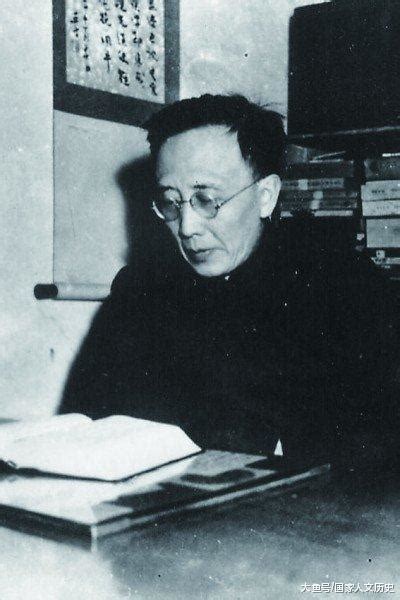Appreciating Chinese Poetry in English Translation
Chinese poetry, with its rich history spanning over millennia, offers a profound insight into the culture, philosophy, and emotions of the Chinese people. Translating these poetic masterpieces into English not only allows for wider appreciation but also serves as a bridge between cultures. Let's explore some renowned Chinese poems translated into English:
1. Li Bai (李白)
*Quiet Night Thoughts (静夜思)*
*Original Chinese:*
床前明月光,疑是地上霜。
举头望明月,低头思故乡。
*English Translation:*
Bright moonlight before my bed,
Seems like frost upon the ground.
Lifting my head, I watch the moon,
Lowering it, I dream of home.
Analysis:
Li Bai's poem captures the sentiment of homesickness under the gaze of the serene moon, a theme deeply resonant in Chinese culture. 2. Du Fu (杜甫)
*Spring Prospect (春望)*

*Original Chinese:*
国破山河在,城春草木深。
感时花溅泪,恨别鸟惊心。
*English Translation:*
Amidst a broken nation, mountains and rivers endure,
Yet within the city, spring sees grass and trees thrive.
Moved by this moment, tears wet the blossoms,
Regret weighs heavy as departing birds stir the heart.
Analysis:
Du Fu's poem reflects on the contrast between the beauty of nature and the turmoil of war, evoking a sense of melancholy and longing for peace. 3. Bai Juyi (白居易)
*A Song of Unending Sorrow (长恨歌)*
*Original Chinese:*
四月银河生曲池,
五更天外天无地。
九重城阙烟尘生,
十万楼台云雨绝。
*English Translation:*
In April, the Milky Way spans the Qu River,
Beyond the heavens at the fifth watch, no earthly bounds.
Within the ninefold city walls, dust clouds rise,
Myriad towers and pavilions vanish in mist and rain.
Analysis:
Bai Juyi's poem depicts the grandeur of the Tang Dynasty capital, Chang'an, while lamenting the passage of time and the impermanence of human endeavors. 4. Wang Wei (王维)
*Deer Park (鹿柴)*
*Original Chinese:*
空山不见人,
但闻人语响。
返景入深林,
复照青苔上。
*English Translation:*
Empty mountains, no one in sight,
Yet the sound of voices echoes.
Sunlight returns to the deep forest,
Illuminating again the green moss.
Analysis:
Wang Wei's minimalist poem captures the tranquility and harmony of nature, inviting readers to contemplate the beauty of solitude. 5. Su Shi (苏轼)
*Written on the Wall at West Forest Temple (题西林壁)*
*Original Chinese:*
横看成岭侧成峰,
远近高低各不同。
不识庐山真面目,
只缘身在此山中。
*English Translation:*
Hills viewed horizontally become ridges, viewed sideways become peaks,
Near or far, their heights and shapes vary.
Unable to recognize the true face of Mount Lu,
Only because I am in this mountain.
Analysis:
Su Shi's contemplative poem emphasizes the subjective nature of perception and the importance of perspective in understanding reality.Translating Chinese poetry into English is a challenging endeavor due to the vast differences in language structure and cultural nuances. However, these translations strive to capture the essence and beauty of the original works, allowing readers worldwide to appreciate the timeless wisdom and artistry of Chinese poets.











